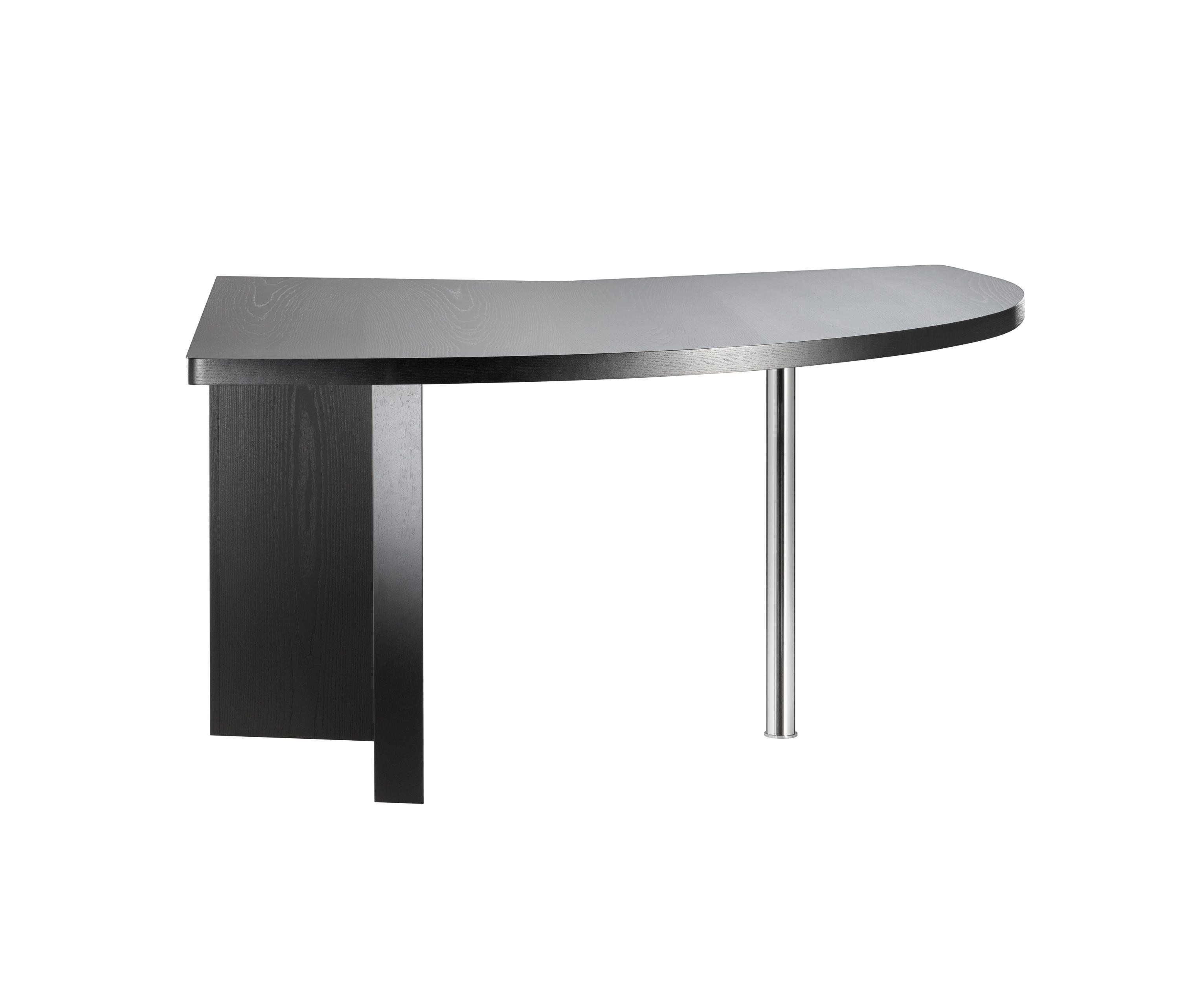Story
»The static architecture of the Egyptianpyramids has been overcome: our architecture rolls, swims, flies. It will sway andfloat in the air. I want to help to invent and form this new reality.« (El Lissitzky, 1926)An interchange station between painting and architecture, is how El Lissitzky described his »Proun« pictures, and this changeover also applies to the mobile structures of the everyday environment, tables and chairs. Admittedly, most of what El Lissitzky created for the youngSoviet Union only survives in the formof drawings and montage: Lissitzky designed in steel and glass, where there was a shortage of wood and cement, and before long, the consolidated political power was stifling the revolution in art as well. This is why not one single original, structural work of Lissitzky, who studied architecture in Darmstadt, still exists and it is only possible to make guessesin reconstructions at what this artist, architect, typographer and designer had in mind. A man who was more concerned with the global picture than a quietly introspective right angle, he is now held in high regard by constructivists and deconstructivists alike. Tecta’s collaboration with Lissitzky’s widow and son goes back to the year 1978, initially involving a folding easy chair, designed originally for the Hygiene Exhibition in Dresden in 1930. But this was just the beginning of a whole series of discoveries. For in the figurine of the »announcer« in the portfolio for »Victory Over the Sun«, Axel Bruchhäuser recognized the basic shape of a table surface that Lissitzky had also designed for Dresden in 1930.
Material & Colour
Frame: ash veneer black or white lacquered, chromed leg, 2 drawers in beech, place of deposit behind the door
Tabletop: cherry tree veneer, maple veneer
Model M61-2: like M61, in mirror-imaged
Optional: hanging files
Dimensions (cm)
Width: 140
Depth: 140
Height: 74






